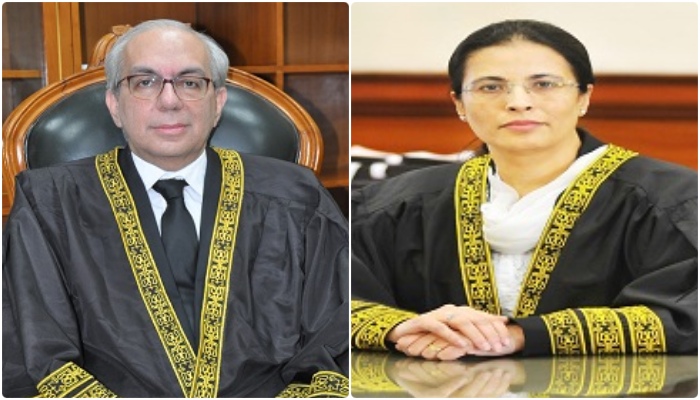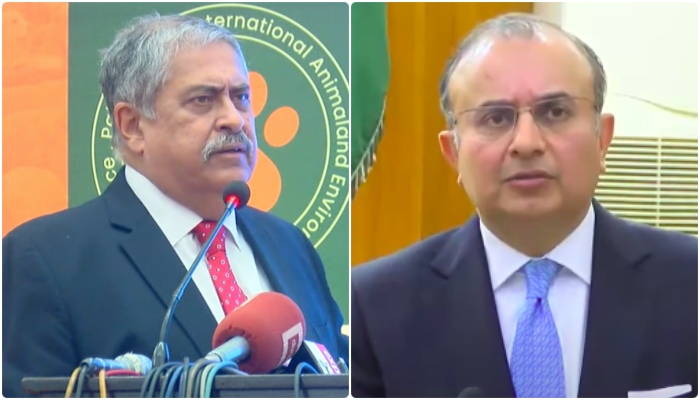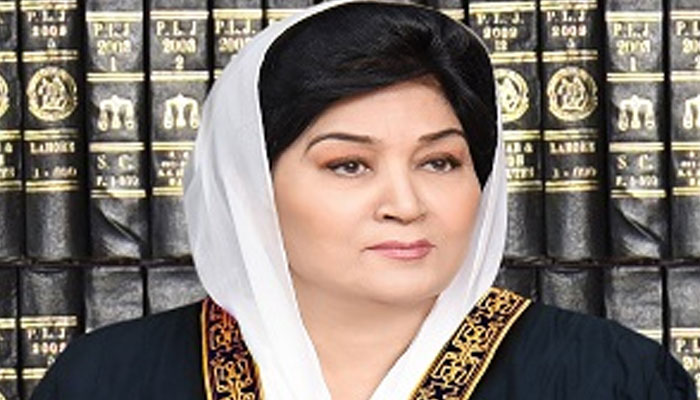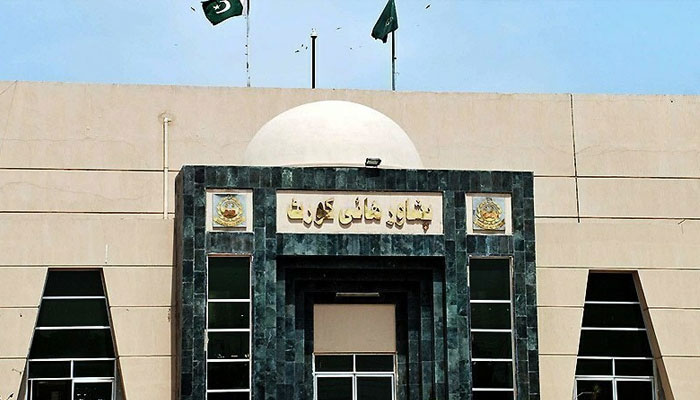LEGAL

The Supreme Court of Pakistan announced on Friday that no discussion took place on the contentious 27th Constitutional Amendment during a full court meeting convened by Chief Justice of Pakistan (CJP) Yahya Afridi. Instead, the meeting focused on finalising and unanimously approving the updated Supreme Court Rules, 2025, according to an official press release.
The clarification comes amid heightened expectations that the full court would deliberate on the amendment following several letters written by sitting judges urging institutional consultation. The amendment, now enacted into law, has drawn strong criticism from members of the judiciary who argue it threatens judicial independence.
Full Court Focuses on New Rules, Not Amendment
According to the Supreme Court press release, the judges unanimously approved updates to the Supreme Court Rules, 2025, based on recommendations by a committee comprising Justices Shahid Waheed, Irfan Saadat Khan, Naeem Akhtar Afghan and Aqeel Ahmed Abbasi.
The committee had been constituted under Rule 1(4) of Order I of the Rules to address difficulties arising from implementing the new judicial framework.
The full court expressed “sincere appreciation” for the committee’s work, noting that the updated rules aim to improve service delivery, ensure inexpensive access to justice, and streamline judicial administration.
The meeting also unanimously approved the elevation of advocate Muhammad Munir Paracha to the status of senior advocate of the Supreme Court under the new rules.
Judges’ Letters Calling for 27th Amendment Debate
The decision not to discuss the 27th Amendment comes despite multiple appeals from within the Supreme Court urging the CJP to initiate a full institutional dialogue.
A day earlier, Justice Salahuddin Panhwar became the third SC judge to formally request a full court meeting to examine the amendment clause by clause. In his two-page letter, he warned that the amendment may “unsettle the careful balance intended by the framers,” potentially affecting judicial tenure, bench composition, judge appointments and removals, and the courts’ administrative autonomy.
Prior to him, Justices Syed Mansoor Ali Shah and Athar Minallah — both of whom resigned following the amendment’s passage — had written detailed letters urging the CJP to convene a full court or judicial conference. Justice Shah described the amendment as a political tool to weaken the judiciary, calling on the CJP to assert the judiciary’s institutional authority.
Justice Minallah similarly stressed the need for an “open institutional dialogue,” warning that the judiciary stands at a “perilous crossroads” and must confront threats to its independence.
Calls Grow for Institutional Stand
Senior lawyer Faisal Siddiqui, in a letter supported by former judges, also urged the CJP to take an institutional stand against constitutional changes that impact the judiciary without adequate consultation.
Despite these calls, the Supreme Court confirmed that today’s full court meeting did not take up the matter. The development is likely to intensify debate within legal and political circles over the impact of the 27th Amendment and the judiciary’s institutional response.




